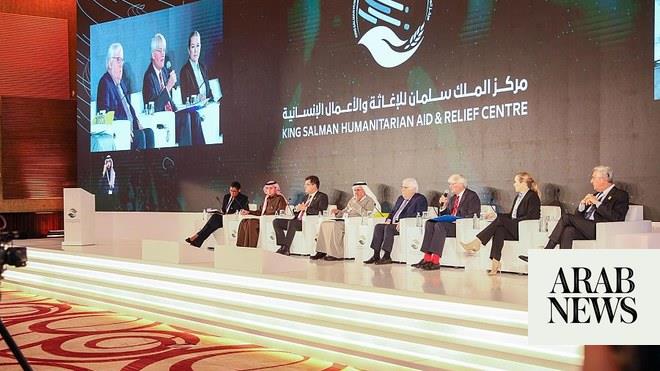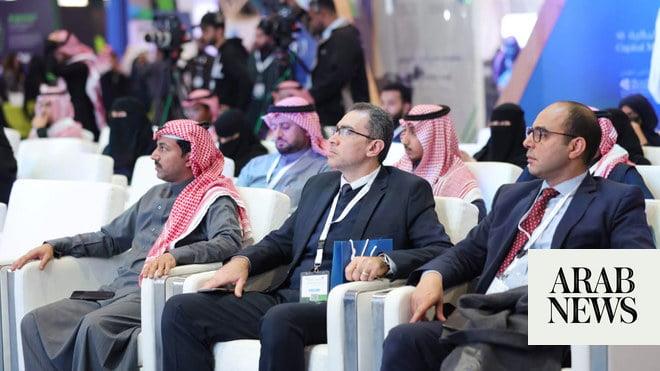
RIYADH: Saudi Arabia’s rapid adaptation to the COVID-19 pandemic in education has been praised by the president of King Abdulaziz City for Science and Technology.
Munir Al-Desouki was speaking at a panel discussion at the Future of Education, Science and Culture International Organizations Forum in Riyadh on Wednesday.
Titled “Rapid Fire: The Future Outlook of The Energy Science Culture (ESC) sectors,” the panel included Al-Desouki as well as experts Abdulrahman Al-Asmi, Miguel Clusener-Godt, Peter Stone and Hiba Aziz.
Al-Desouki said: “For education in the Kingdom, 6 million students were learning online — that’s good at the great infrastructure levels.”
He praised the growing coordination between the central government and scientific community in Saudi Arabia.
The president said that the Kingdom’s investment in education, science and technology is reaping rewards.
“We’ve been sending students to study abroad for a long time. We can see that last year in Atlanta, the finalists and winners of the International Science and Engineering Fair were Saudi … as was the winner at the Robotics Olympiad held in Germany,” he added.
Al-Desouki also spoke about the transformation taking place in the Kingdom’s science and technology sector.
“One of these changes was to create a council for research and innovation as a subcommittee for the Council of Ministers led by the crown prince.
“So this brings together alignments between policymakers and researchers, and ensures that we have continued in funding one of the challenges we had in the past to drive the research community,” he said.
Al-Asmi, director-general of the Arab Bureau of Education for the Gulf States, said that “great care” is given to education around the Gulf and the matter is of prime importance to leaders in the region.
“We find that more than 20 to 25 percent of annual budgets are allocated for the development of these countries,” he said.
“This is an indication of the priority of education in the Gulf countries. We must look at a quality education that contributes to making real change.”
Clusener-Godt, a professor at Yokohama National University, spoke about the importance of the Kingdom’s attention to geology and biosphere reserve sites.
“As of now, there are 738 biosphere reserves in 134 countries of the world, and the Kingdom is part of two biosphere reserves,” he said.
“We must get clear: Human beings are part of nature. That is not nature and us, this is us as one.
“So if you want to protect the ecosystem, you have to take into consideration the aspects of sustainable development.”









